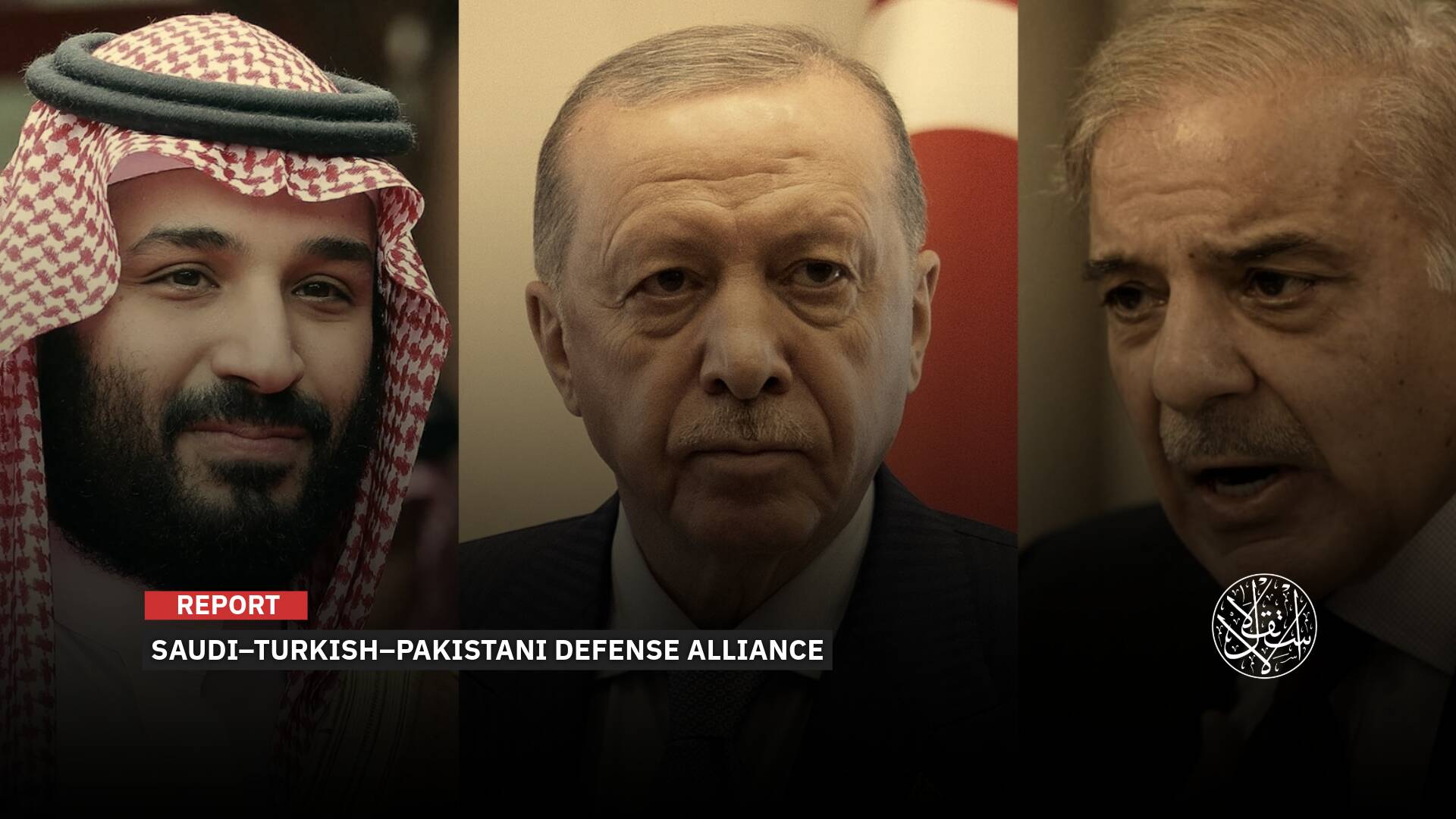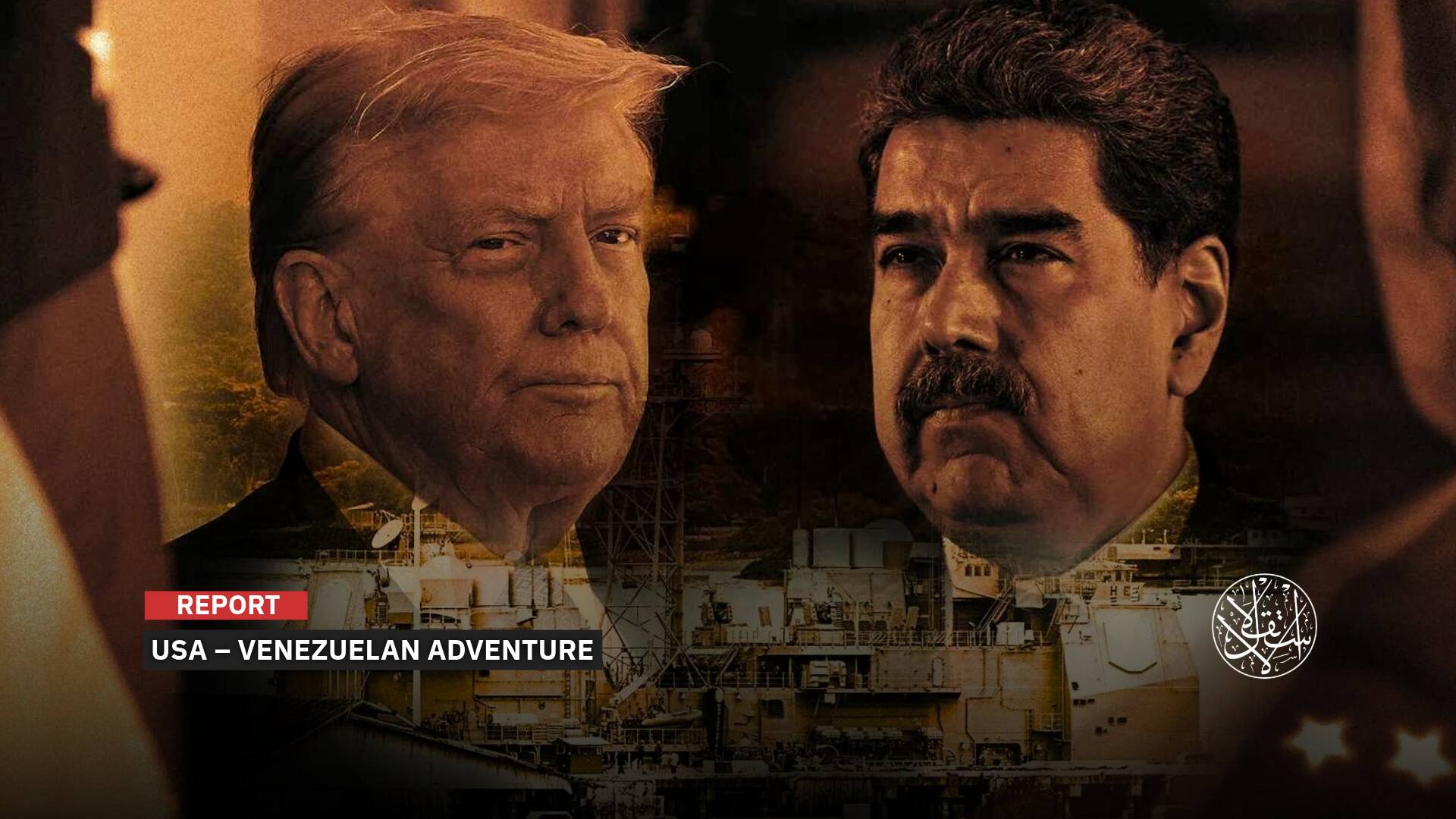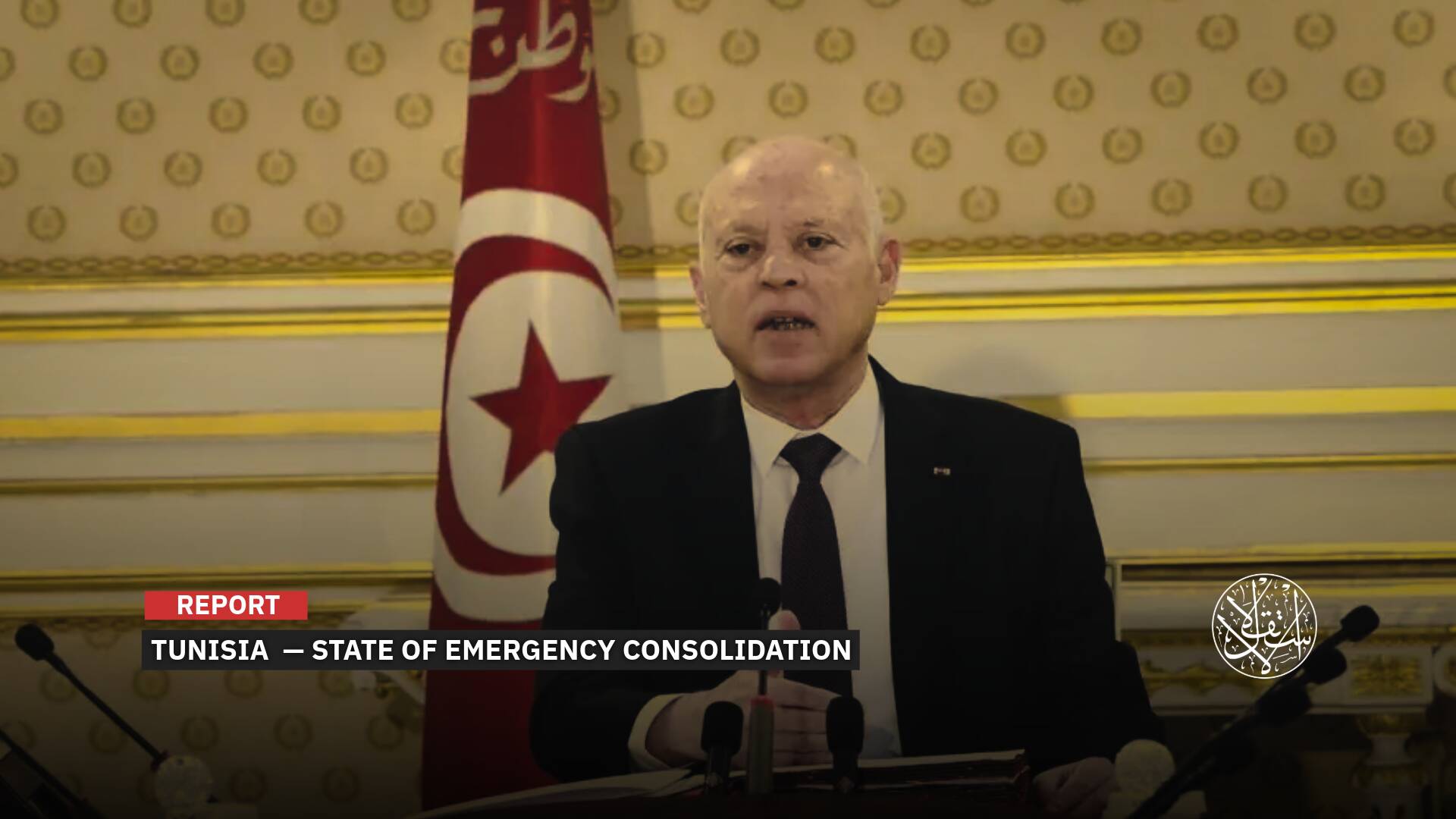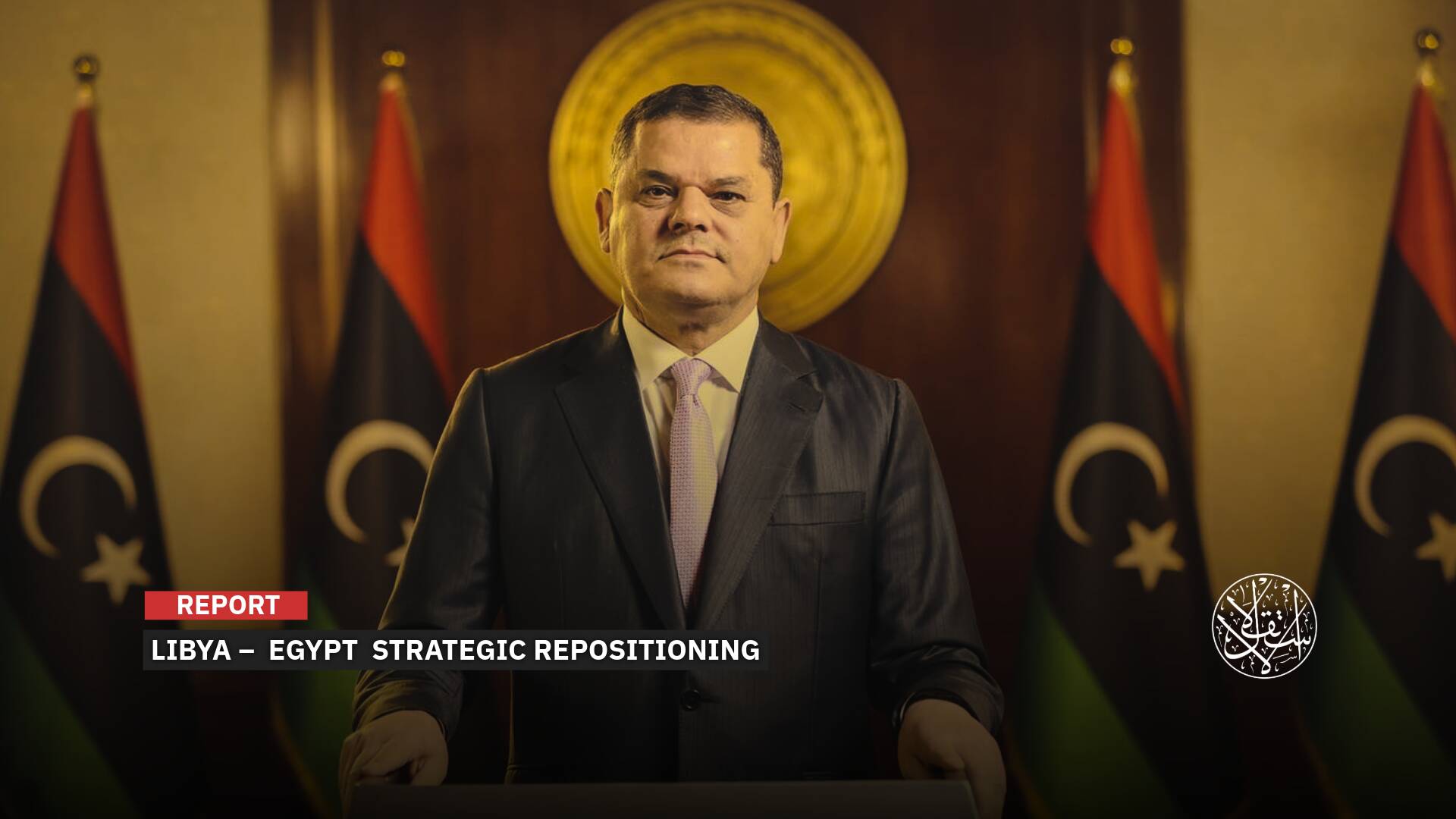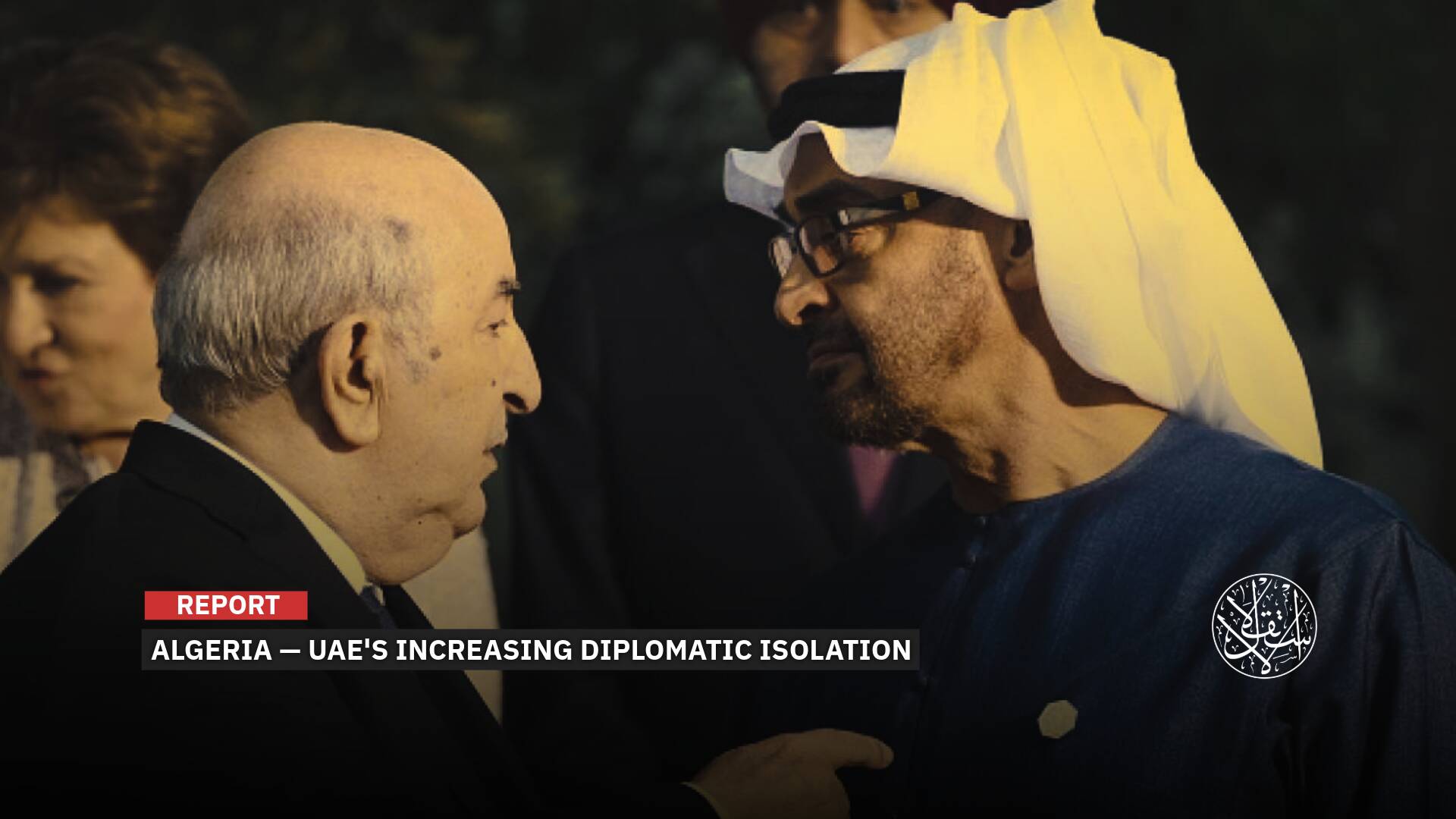Turkiye's Thaw with Assad: How It Has Led Kurdish Forces to Align with Syrian Opposition

The Syrian opposition has repeatedly overlooked the prospect of engaging with the SDF.
As Turkiye accelerates its efforts to normalize relations with Bashar al-Assad's regime, the U.S.-backed Syrian Democratic Forces (SDF) are reaching out to the Syrian opposition for dialogue.
Despite the opposition's repeated refusals to engage with the SDF, citing its “separatist agendas,” the SDF, which controls large parts of northeastern Syria, has once again expressed interest in establishing communication.

SDF and the Opposition
Mazloum Abdi, leader of the Syrian Democratic Forces (SDF), recently expressed his willingness to engage in dialogue with all “national forces” in northwestern Syria (the opposition-held areas) and with any groups striving to preserve Syria’s territorial unity.
During a meeting on September 19, 2024, with leaders and members of the “Army of Revolutionaries” and the “North Democratic Forces,” Abdi highlighted the SDF's readiness to provide full support and assistance, welcoming displaced people from Idlib and other parts of northwestern Syria.
Notably, Abdi, who is on Interpol's red list at Turkiye's request, made these statements in a meeting with two SDF-aligned factions: the “Army of Revolutionaries” and the North Democratic Brigade, both formerly part of the Free Syrian Army before the SDF was established with U.S. backing in 2015.
The SDF's offer for “national dialogue” with the Syrian opposition is not new. It often surfaces when Ankara discusses rapprochement with Damascus. On June 4, 2024, the SDF’s political arm, the “Syrian Democratic Council” (SDC), declared its openness to communicate with “all national forces in occupied areas to end the occupation and achieve democratic transformation,” referring to opposition-held areas in northwestern Syria where Turkiye has a military presence.
Ankara's ongoing attempts to strengthen ties with the Assad regime have irked the opposition, which continues to receive overtures from the Kurdish Autonomous Administration of North and East Syria for dialogue. The Autonomous Administration of North and East Syria was established in 2013 as the political umbrella for the SDF and remains in conflict with Turkiye along the northern border.
The SDF is often viewed as an extension of the Kurdistan Workers' Party (PKK), which is banned and classified as a terrorist organization by Ankara, the European Union, and the U.S. The SDF frequently capitalizes on local dissatisfaction in northwestern Syria over Turkiye's approach to reopening ties with Damascus or in the wake of anti-Syrian incidents occurring in Turkiye.
On July 2, 2024, the SDC issued a statement urging Syrian political forces to “rise to the responsibility of the Syrian people's future,” declaring that “national and rational dialogue is the path to overcoming our crisis” and asserting the “Syrian people's vision internationally as the basis for any solution.” The statement, released amid unprecedented racist attacks against Syrians in the Kayseri province, also criticized Turkiye’s efforts to restore relations with Assad at the expense of the Syrian people’s sacrifices. It emphasized that Syrian unity and cooperation are essential for a collective national project.
In mid-2024, Turkiye announced plans to open a “new chapter” in its relations with the Assad regime, ending a rift that has lasted since 2011 due to Assad's crimes against hundreds of thousands of Syrians. Turkish President Recep Tayyip Erdogan, in July 2024, repeatedly invited Assad to visit Turkiye or meet in a third country. However, Assad has insisted that any meeting is contingent on Turkiye withdrawing its forces from northwestern Syria—an idea Ankara rejects.
Turkish Minister of National Defense Yasar Guler has stated that Turkiye will consider withdrawing its forces only after a new Syrian constitution is adopted. In an August 12, 2024 interview with Reuters, Guler emphasized Turkiye's willingness to support the creation of a comprehensive constitution, free elections, and normalized security.
“We are ready to provide all the support we can for a comprehensive constitution to be accepted, for free elections to be held, and for a comprehensive normalization and security atmosphere to be created, and only when these are done and the security of our border is fully ensured will we do what is necessary through mutual coordination,” he said.
On September 21, 2024, Erdogan reiterated, “We have shown our desire to meet with Assad to normalize Turkish-Syrian relations, and we are now awaiting a response from the other side.”

Potential Motives
In light of the evolving dynamics, the SDF fears any rapprochement between Turkiye and the Assad regime, which could lead to a reduction of its influence in northeastern Syria. Turkiye seeks to expand its control 30 kilometers deep into Syrian territory from its southern border, which would involve displacing the SDF from significant areas.
According to observers, this situation has prompted the SDF to play its available cards in an uncertain attempt to establish connections with the Syrian opposition, aiming to mitigate the impact of normalization with Assad. On another front, the SDF seeks to maintain its political presence by engaging in “bargaining,” offering oil supplies to opposition areas, as it controls 90% of Syria's oil and gas production.
Mazloum Abdi’s recent statements on dialogue with the Syrian opposition also aimed to convey that the SDF continues to preserve its military components, which operate under its banner but raise the Syrian revolution's flag and slogans.
In this context, Syrian researcher Younes al-Karim told Al-Estiklal that the SDF has never ceased its attempts to communicate with both the Assad regime and the opposition. He believes the SDF’s readiness for dialogue with the opposition stems from several reasons.
One key factor is its attempt to pressure the Assad regime, which has been reluctant to honor agreements it previously made with the SDF during Russian-brokered negotiations. These agreements were reached between Ali Mamlouk, Assad’s advisor, and Ilham Ehmed, co-president of the Syrian Democratic Council (SDC), the political arm of the SDF, according to al-Karim.
“There is pressure from the European Union and the U.S. to create a coalition of the Syrian opposition to balance the regime supported by Russia and Iran, especially as Turkiye accelerates its normalization efforts with Assad.”
Al-Karim further noted that the SDF is making a strategic move to preempt any normalization between Turkiye and Assad, which could weaken its position. The SDF fears that Assad could sacrifice it in favor of closer ties with Ankara. As a result, the SDF seeks to disrupt Turkiye by engaging the Syrian opposition, easing some of the pressure it faces.
According to the Syrian researcher, the SDF is attempting to counter the influence of Arab tribal forces, backed by Assad and Iran, within its areas of control in northeastern Syria, by projecting itself as part of the Syrian opposition. These tribal forces, which frequently clash with the SDF, are loyal to the regime rather than being aligned with the opposition.
Although the SDF has previously reached out to the Syrian opposition, these efforts have failed to yield any agreement, as the opposition views the SDF as Turkiye’s arch-enemy. Since Ankara is a guarantor of the Syrian opposition, the latter is unwilling to sacrifice its relationship with Turkiye for the SDF, which has not maintained a consistent political stance regarding the Syrian revolution and does not share the goals of the Syrian people.
Thus, al-Karim concluded that the opposition prefers to keep Turkiye as a strong ally rather than align itself with the SDF.

Neglecting the Opposition
Economically, the opening of border crossings between the Syrian regime, Turkiye, and Iraq in areas under SDF control, such as the Qamishli–Nusaybin crossing with Turkiye and the Til Kocer–Rabiaa crossing with Iraq, could redirect significant economic traffic away from the Semalka-Fishkhabour border crossing with the Kurdistan Region.
This would deal an economic blow to the SDF’s control over the Semalka crossing, the only international gateway for northeastern Syria, which imports and exports large quantities of goods daily to and from various parts of the country.
Some argue that the SDF fears economic isolation if Ankara and Damascus normalize relations, positioning opposition-held areas as a potential lifeline for survival.
However, despite this, the Syrian opposition has yet to decide to engage with the Syrian Democratic Forces.
The Syrian National Coalition continues to call on the international community to “withdraw any cover from the SDF militias that falsely claim to represent the Kurds and are among the worst violators of their rights.”
On December 21, 2023, Hadi al-Bahra, head of the Syrian National Coalition, rejected the constitution implemented by the SDF in areas under its control.
“Any entity that imposes a constitution based on ideological or regional grounds is politically and legally unacceptable,” he stated.
The so-called Kurdish “Autonomous Administration of North and East Syria” has long sought international recognition, but its efforts have fallen on deaf ears, despite invitations for its officials to attend meetings in the U.S. and Europe.
It is evident that the SDF’s repeated outreach to the Syrian opposition, which has often been met with indifference, coincides with the latter's rejection of any rapprochement between Ankara and Damascus.
In a meeting between the head of the Syrian Negotiation Commission Bader Jamous, Turkish Deputy Foreign Minister Nuh Yilmaz, and Mustafa Yurdakul, Director General of the Syria Department at the Turkish Foreign Ministry, Jamous expressed his belief in the futility of all normalization efforts with the Syrian regime.
Jamous pointed to the inevitable failure of any attempts to rehabilitate this regime, which has been responsible for the deaths of hundreds of thousands of Syrians, the displacement and exile of millions, and the destruction of Syria’s infrastructure, economy, and the fundamental pillars of a modern state.
On September 19, 2024, he reaffirmed that “Syrians, even after more than 13 years, remain determined to continue their revolution until its goals of freedom, justice, and a state of citizenship and law are achieved through the implementation of the internationally agreed-upon political solution.”
Sources
- Exclusive: Turkey's priority is fulfilling NATO responsibilities, defence minister says
- SDF Leader: Open to Dialogue with All National Forces in Idlib [Arabic]
- Mazloum Abdi Comments on Aleppo Countryside Protests: "We are ready for dialogue" [Arabic]
- The Syrian National Coalition Calls on the International Community to Withdraw Support for the SDF [Arabic]
- Erdogan Reaffirms Readiness to Meet Assad, Awaits Response [Arabic]


